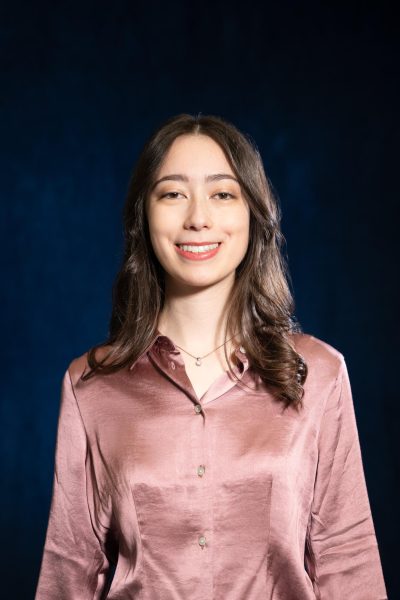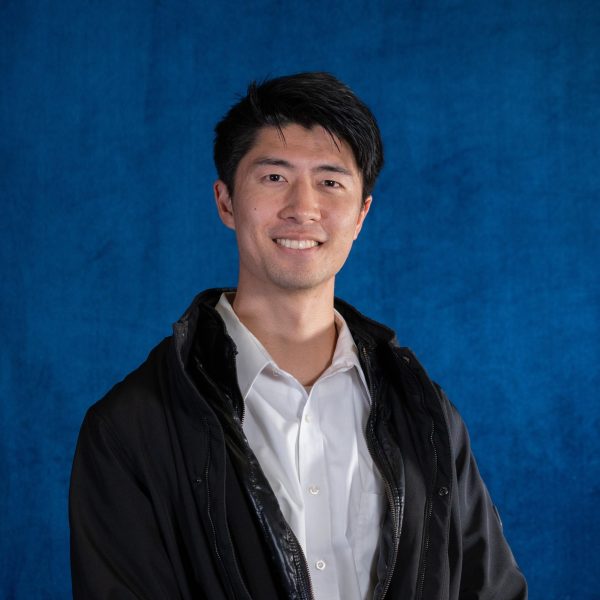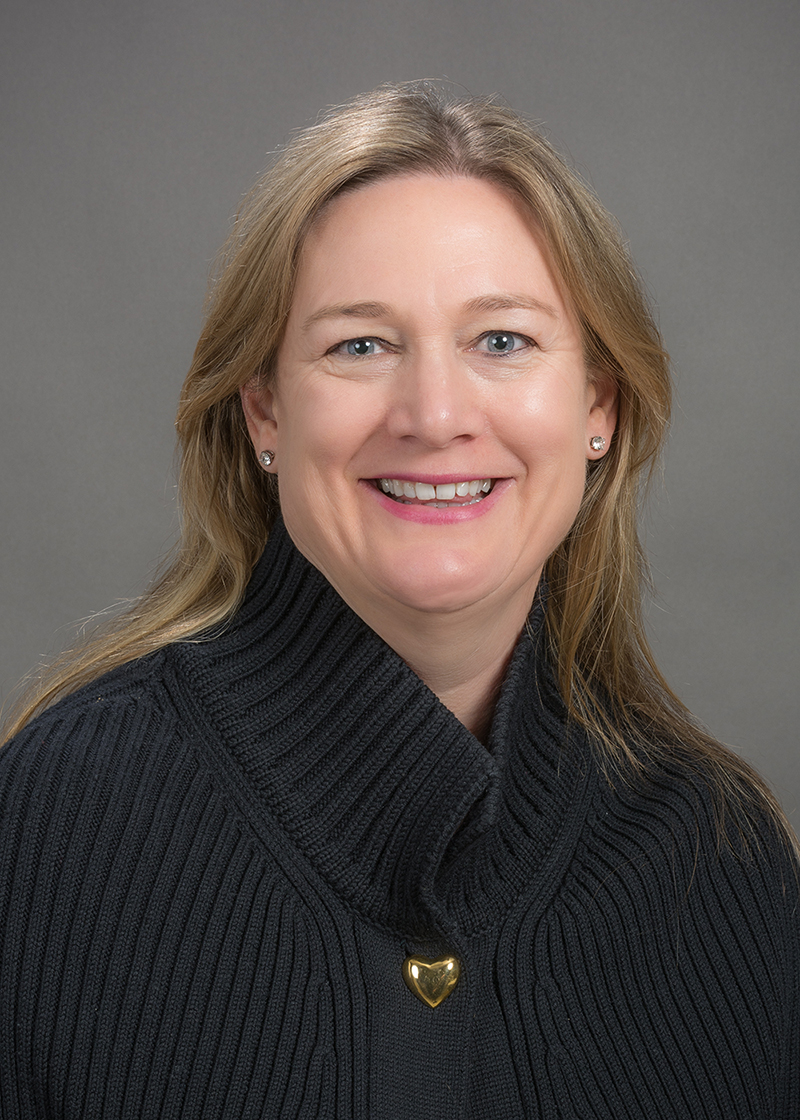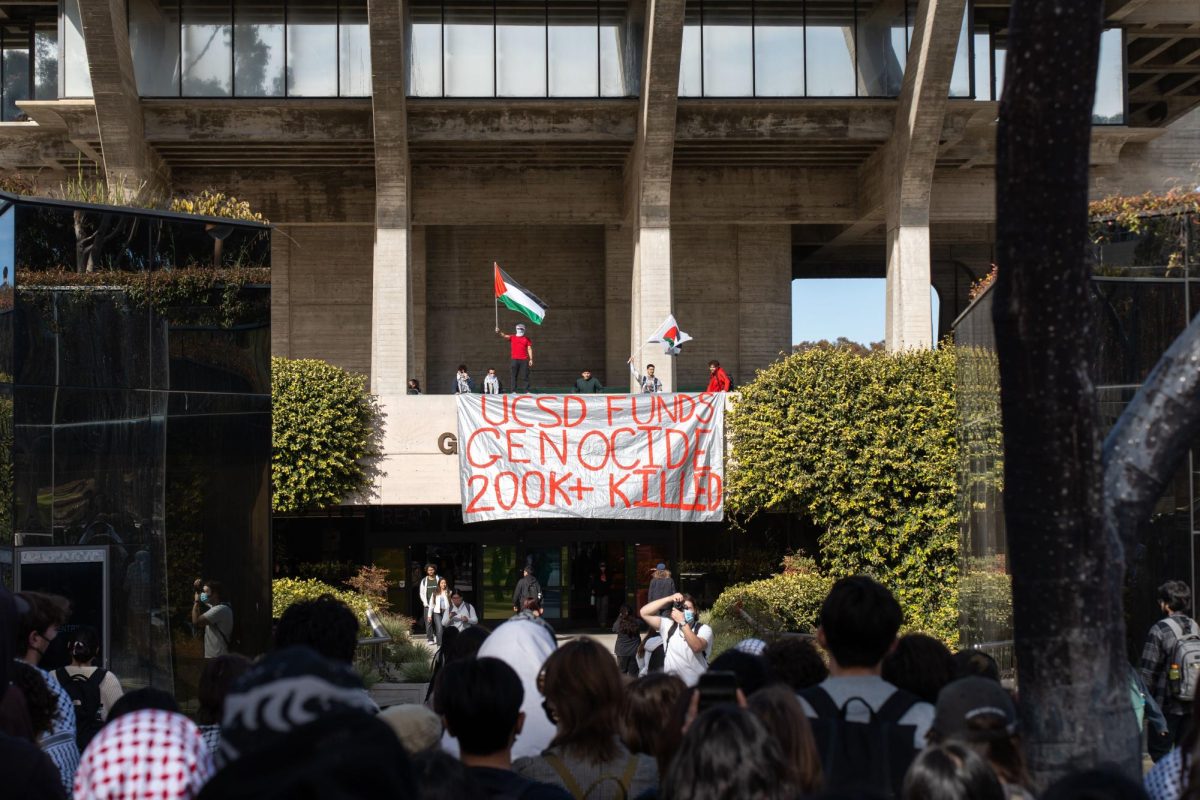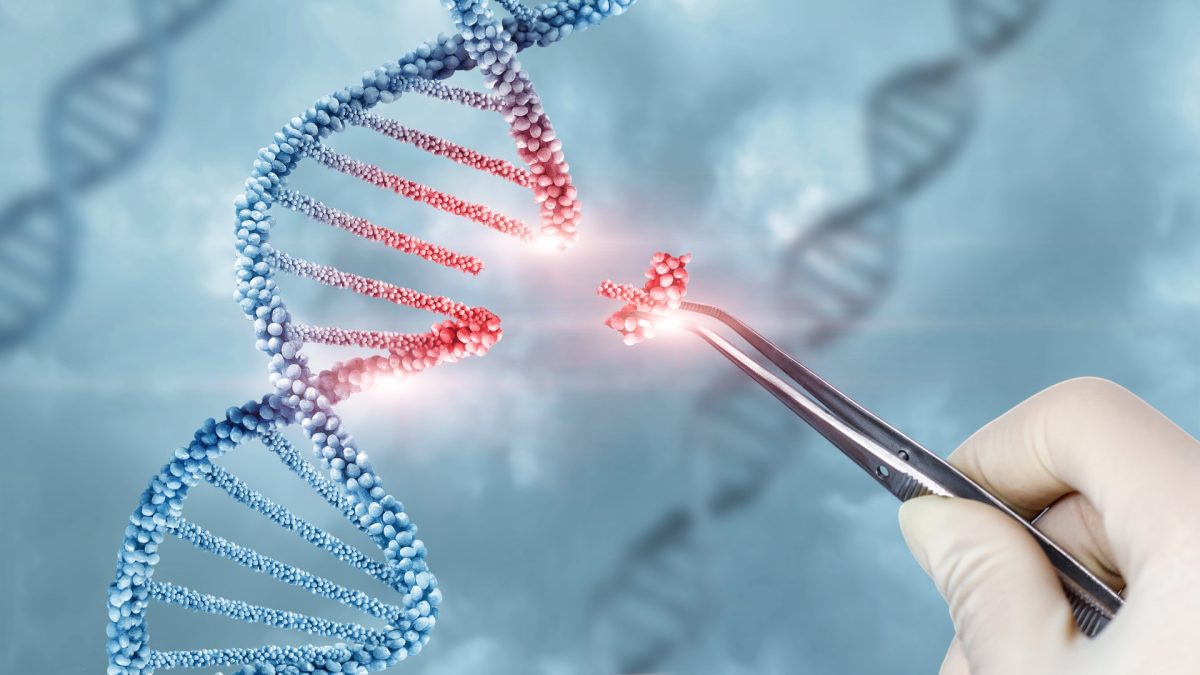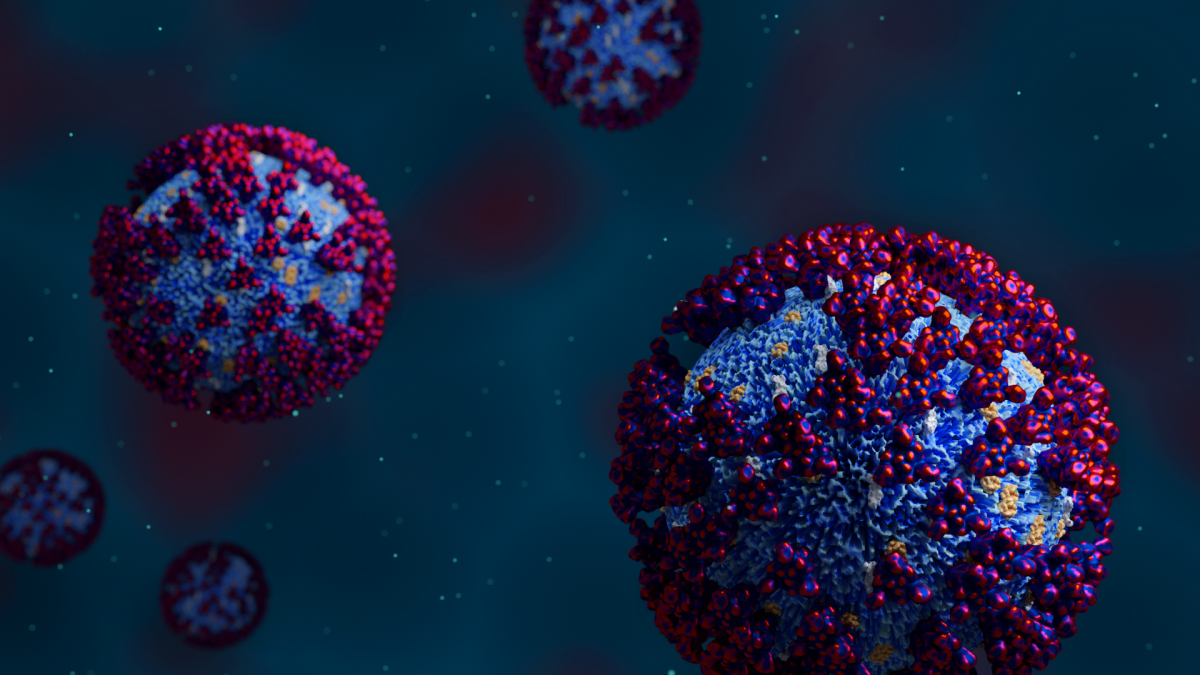In the contemporary medical landscape, sepsis — a life-threatening response to infection that claims countless lives each year — stands as one of the most formidable challenges. The traditional methods of detecting this condition, which hinge on human observation and standard medical testing, have long been plagued by delays and inaccuracies. However, UC San Diego’s development of the COMPOSER model, a sophisticated artificial intelligence algorithm, seeks to revolutionize the detection and treatment of sepsis in emergency settings.
Dr. Gabriel Wardi, MD, chief of the Division of Critical Care in the Department of Emergency Medicine at UCSD School of Medicine, provided an insightful glimpse into the genesis and evolution of the COMPOSER model in an interview with The UCSD Guardian.
“The work that we do here is based on something that was published in 2021: the development of the model itself,” he said. This deep learning AI model is a complex system fed with over 150 variables including vital signs, demographics, and lab results. The training of this model utilized data from approximately 500,000 patients at the Urgent Care Center.
What sets COMPOSER apart is its ability to process and interpret these variables, analyzing and predicting patterns that are indicative of sepsis onset. Variables such as hypertension combined with low blood pressure and high temperature were found to be highly predictive of sepsis. This ability to sift through vast amounts of data and identify these subtle patterns represents a significant leap forward from traditional methods. The critical nature of this condition makes timely and accurate sepsis detection of utmost importance.
“We previously compared our model to Epic sepsis score … where ours did outperform the Epic sepsis score, both in terms of the number of false positives and the positive predictive values,” Wardi added.
Ongoing improvements to the model, including the incorporation of large language models to further improve its accuracy and reliability, are in the pipeline.
The integration of COMPOSER into the clinical workflow at UCSD Health was a pioneering step but not without its challenges. Convincing the medical staff to trust and integrate this AI tool within their clinical practice was a significant hurdle. Despite these initial hesitations, the model has been successfully incorporated and is now a critical component of the patient care process at UCSD.
Wardi highlighted the tangible benefits of the model.
“There is a 1.7% absolute mortality difference … which corresponds to a 17% relative decrease,” he said.
In cases where diagnostic uncertainty was high, COMPOSER acted as a second set of eyes. This has led to an absolute increase of 5% in compliance with sepsis treatment bundles.
The early detection capabilities of COMPOSER, according to Wardi, have led to a notable increase in compliance with sepsis treatment protocols. As the medical community continues to observe and evaluate the long-term impacts and broader applications of AI like COMPOSER in healthcare, it becomes increasingly clear that such technological advancements hold promise for improving patient outcomes and healthcare practices.



